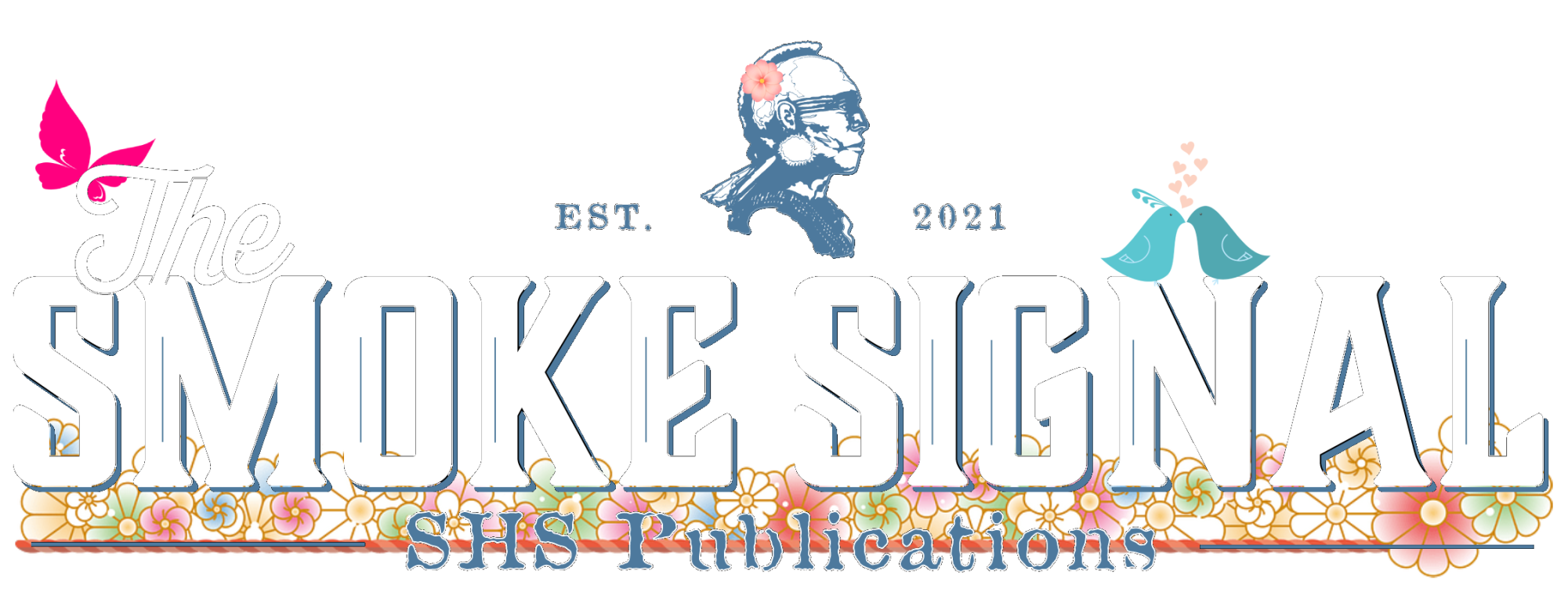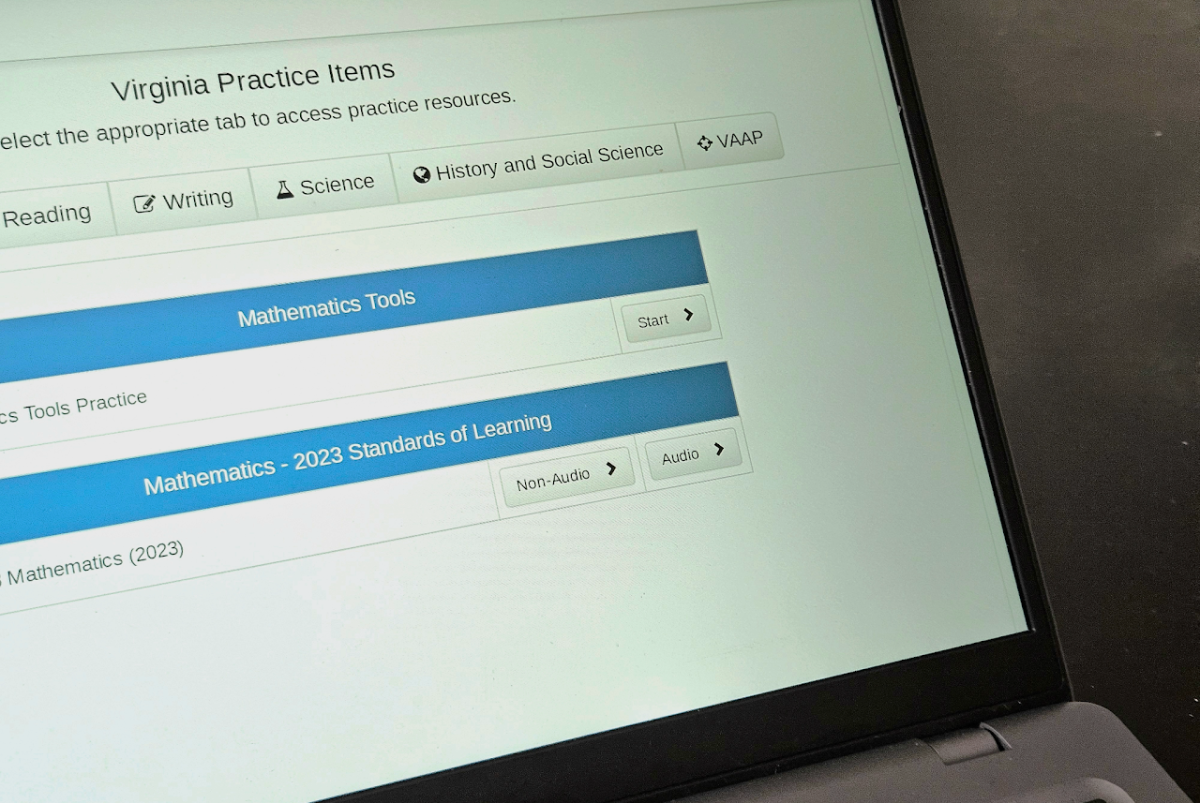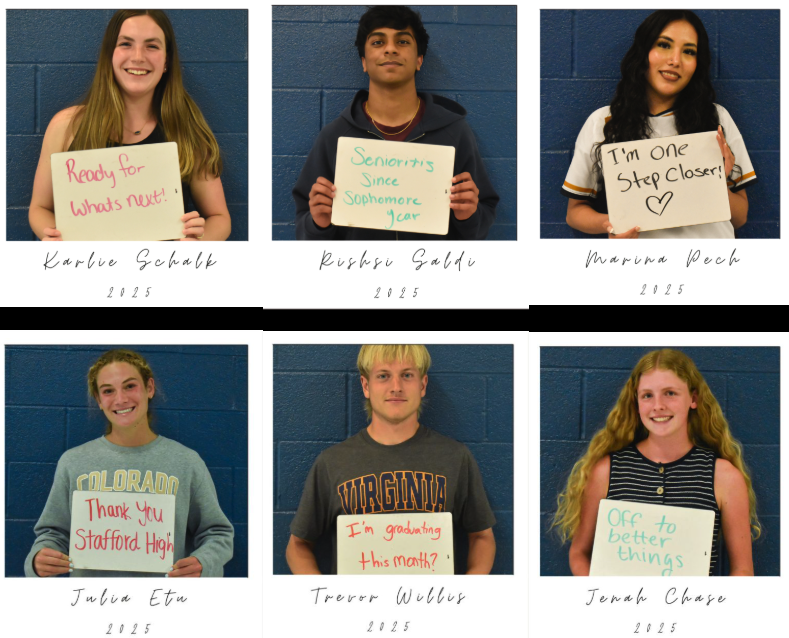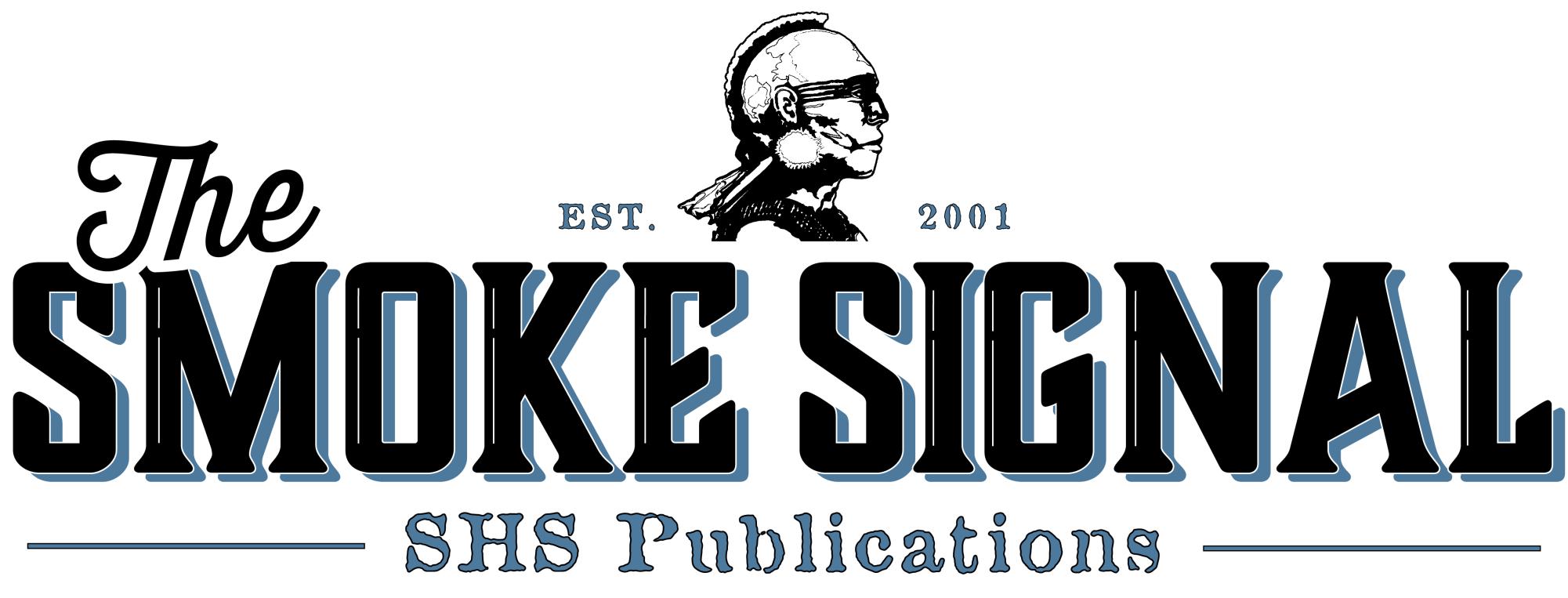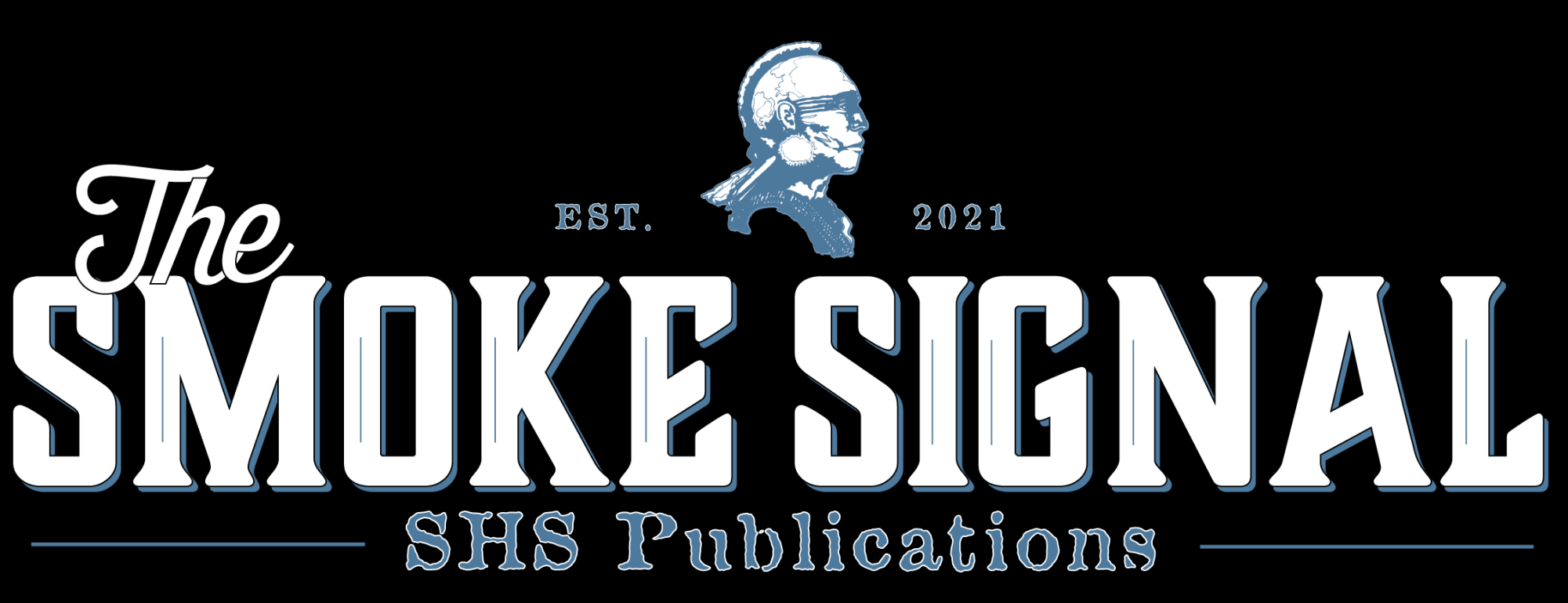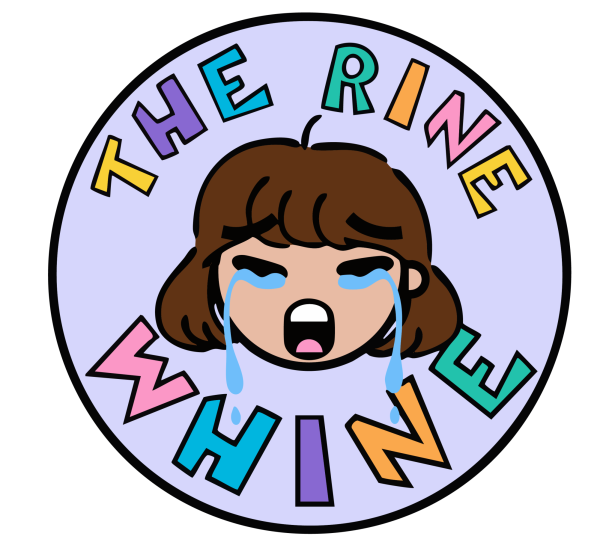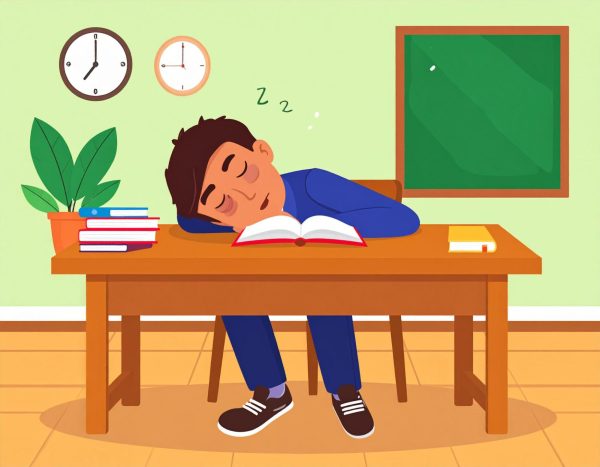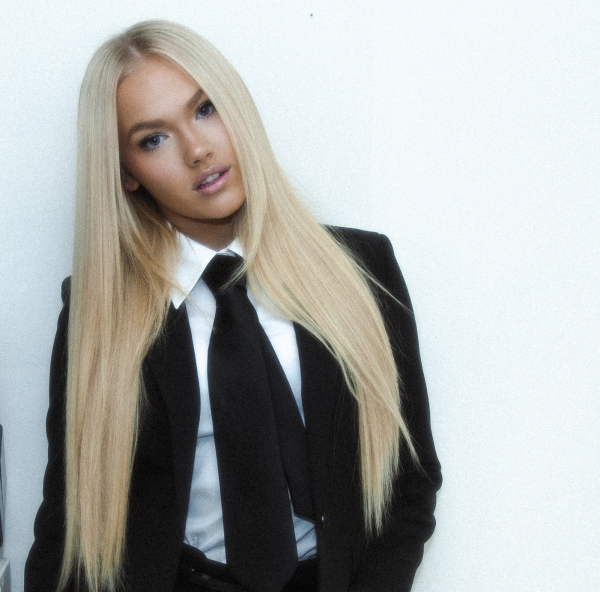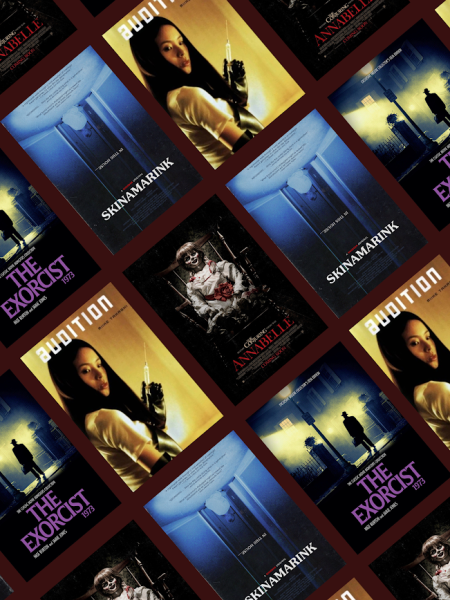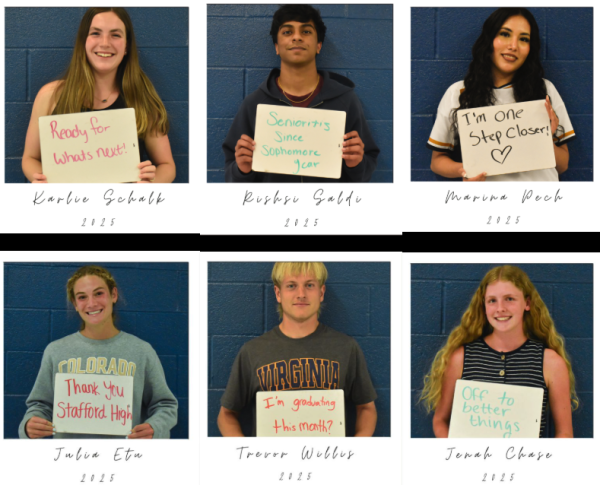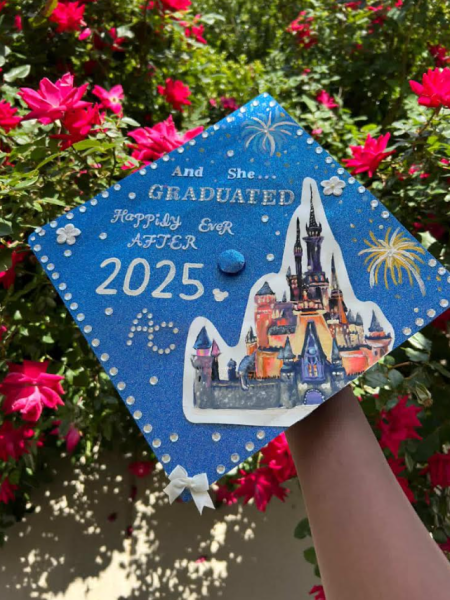Teacher Playlist of the Month – Mr. Candela
Q/A With Mr. Candela.
What sparked your interest in music in your childhood?
I have four (much) older siblings, and I remember going through their record collections when they weren’t home. They had stuff by Styx, Def Leppard, Aerosmith, Bob Seger and many, many others. One day, one of my brothers came home with Run D.M.C’s album King of Rock and I couldn’t put that thing down. It was so different, so fresh. I was hooked immediately. One year later, the Beastie Boys released License to Ill, which immediately connected rap, punk and hip-hop and it was all over for me. Honestly, looking back I still think that Run D.M.C. and Beastie Boys revolutionized music in ways that they don’t get credit for.
I also played piano starting at age 6 and picked up saxophone a few years after that. I played those almost all the way through college and learned a good chunk of music theory along the way (long since forgotten), so even as I discovered new music I always felt like I had a firm understanding of what made it good or not. Plus, when I would hear the Deftones, for example, cite Thelonious Monk as an influence, or when Mike Patton talked about his experimental approach being influenced by John Cage, I understood and it made me value their music even more. You can always tell artists, whether visual or musical, are the real deal when they are able to cite their influences and sort of locate themselves along that art-historical continuum.
Growing up in high school, what was the difference with the current music then.
When I was in high school, grunge was just hitting its stride. Musicians seemed to be more experimental, more interested in evolving both instrumentally and vocally. And it was truly postmodern, it was obviously fighting against established norms both in music (like arena / glam rock) and socially / culturally. Rage Against the Machine is the obvious example here, but Nine Inch Nails was bucking social norms in a similar way. I guess Nirvana was too, but I never really embraced their pathos, and Kurt Cobain is a conversation for another time. The Melvins were bringing some really heavy, gut-punch instrumental work while simultaneously de-prioritizing lyrics and vocals, which was also a new approach to writing. Overall, music felt more raw and aggressive back then whereas today, it feels like a lot of it is run through some form of studio-magic filter before it’s released for consumption.
What was your first concert, what year and how old?
Well, I was dragged to a Lyle Lovett concert when I was maybe like, 11. I hated it then and I still look back on it with disgust so even though that was technically my first show, I’m not willing to count it. I’m sure Lyle Lovett is a good musician, but it was music for old people. Then, I went to see The Barenaked Ladies when I was maybe 15. Again, a friend wanted to go to that and it was an enjoyable show, they were kind of popular, but not really what I wanted to hear. Then, when I was maybe 16, I went to see the Deftones and that’s what I consider my first concert because I actually really wanted to be there. A band called Taproot opened and that whole show was awesome. It was a small venue-like the size of Stafford’s auditorium but with a balcony. It was loud, and a pit formed basically at the first downbeat that was played and it never let up until the show ended. I remember walking out of the theater into the cold Detroit air at the end of the show and it was like I had just time-traveled.
Did your parents have any inspiration to what music you enjoyed?
I’m not sure how to answer this. My parents listened to some good music like The Eagles, Fleetwood Mac, Bob Seger, James Taylor, Elton John, etc., but I was NOT interested in it during my formative years. I used to refer to their radio stations as “Music to Die By”. As I mentioned, I was more interested in what my siblings were listening to. I eventually came back around to some of those artists and I really, really enjoy them now, but I would not say that they were influential when I was young. And I know for a fact that my parents detested the music I listened to, so we each just kind of kept our music to ourselves.
What do you feel about music from back then almost making a comeback in current day society, how do you feel about it?
I’m fine with it. I mean, the parents of our high school students are roughly the same age as me, and so they’re listening to some of the same stuff I grew up on, so it makes sense that these bands are in our consciousness again. When I was in high school, bands like Led Zepplin and Pink Floyd were having a renaissance because my friends’ parents listened to them when they were growing up. So, I guess it’s kind of cyclic and that’s probably a good thing. As long as it’s good music that is being recycled, I’m okay with it, but if it’s bands like Limp Bizkit or Silverchair that make a comeback, I think we may need a collective / preventative lobotomy.
Where did you grow up? Did that have any inspiration to the music you listen too?
I grew up about 15 miles south of Detroit. It was a pretty blue-collar community. A lot of people worked in the auto industry or at steel mills. I think it probably did have an influence on the music I listened to for a couple reasons. First of all, with a big city like Detroit nearby there were always big acts coming to town for live performances. Once I was old enough, it was easy to go to those shows which made following a band worth it. Second, the grunge / rock / metal scene felt like it fit the community. It wasn’t pop music, not saccharin noise-it was, in a large sense, a product of innovation and hard work which I guess is kind of how we thought of ourselves. And the aesthetic fit too. My friends were all shopping at thrift stores and living pretty minimal lifestyles, so to see that reflected by the artists we admired was validating in a lot of respects.
Favorite band?
The Deftones will always hold a special place in my heart because they were my first real concert, as I mentioned. I also love how their sound has grown up over the decades, I guess just like me (debatable). Those guys are authentic students of music, too, so even if I don’t love one of their songs, it’s easy to kind of understand why they wrote it, or maybe where it was coming from conceptually. They’re highly experimental, and I love seeing risk-taking in artists. And as far as their love shows are concerned, they are very, very high energy. I mean, they bring it every night so it’s a ton of fun to watch and listen to them live. Tool is a favorite band of mine as well. I can listen to them pretty much any day and their live shows are, like, all-sensory experiences. Very well planned and executed, and for only four guys, their sound is huge when it’s live. Mike Patton is my favorite overall musician, and so I tend to track a lot of his projects as well. He’s all over the map, writing movie scores, singing in, I dunno, six different bands, collaborating with everyone from Dave Lombardo to Norah Jones, he’s a little bit of everything, which means that I can always find something of his that fits a mood.
Favorite song and genre?
Tool plays an extended version of their song PushIt and that’s probably my favorite. Especially when it’s performed live, all of their dynamics as writers and musicians are on full display. It’s somewhat overwhelming and I think that ever-present emotional response makes it my favorite.
My favorite genre has to be metal. There is such a wide range of expression present under the umbrella of “metal” that it just feels more congruent to the highs and lows that we actually live. It feels more authentic to me than many other genres that I would say are more situational or cater to a specific mood or context. For instance, on that playlist I made I put three ISIS songs in row (Maritime, Weight and From Sinking). I think that, as a trio, they run the gamut of emotions and within those three there’s almost like a story arc, even though the lyrics are minimal. I guess I sort of inscribe it onto those songs as a result of their dynamics and sounds.
Do you feel like art and music have a strong connection?
Absolutely. The creative act has been primary for humans for as long as we’ve been around. Hans Hoffman wrote a short essay about how the first man was an artist. In that essay, he asserted that, whether it was his wonder at the night sky or his terror at the sight of a tiger, the first man always responded with emotion to the world around him. That’s what art and music do for us, they’re an extension of those cries of wonder or shouts of terror. Good art and good music return us to that, where it’s not about writing a catchy tune or making a pretty painting of a sunset, but appealing to some very basic emotion that is at the core of the human experience.
What’s your favorite Album cover?
Tool-Lateralus. Easy-peasy. The album cover was conceived by Adam Jones, the guitarist, who is a prolific visual artist in his own right. But then he worked with Alex Grey, and that’s how is became a series of transparent overlays. The different layers have the feel of an anatomical illustration, but Grey’s hand added a visionary aesthetic that really makes the whole thing hum.
Where do you see music going in the foreseeable future?
I’m not educated enough to predict that. Plus, I’m getting older so mostly I just want people to stay off my lawn. But so far, music has never failed to evolve. So, I’m hopeful that regardless of what we do (or don’t do) as a species, we’ll continue to make engaging music.
Anything you would like to add or know about yourself?
Music taught me to love language as much as it taught me to love sound in general Even as early as the Run D.M.C. album, I was tuned into the cadence, the word choice, and the manner in which an artist emphasized or de-emphasized a specific sound within a word. Mike Patton talked about this a little bit and how sometimes he writes lyrics based on the sound a certain word makes, more than what it might actually mean. I think that Eminem is also excellent at this. I guess that in terms of the metal genre, it made all of the screams, hisses, grunts, etc. more of an additional instrument rather than merely “noise”. Those sounds become necessary to the overall form of the song. Then, of course, you do have the actual content of the lyrics. I’m not big on unearthing every hidden meaning of every song, but I do like to know what the singer is saying. So, every time I came across a word or reference I didn’t know, I’d go look it up. I’ve learned about everything from Jungian philosophy to Futterman’s Rule this way, and I think the world is a more magical place for it.
Donate to SHS Publications
$205
$1000
Contributed
Our Goal
Your contribution will allow us to purchase equipment, attend education conferences, and cover our annual website hosting costs.
